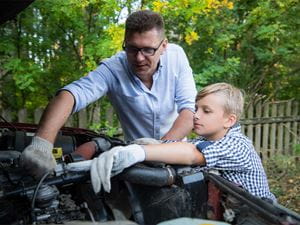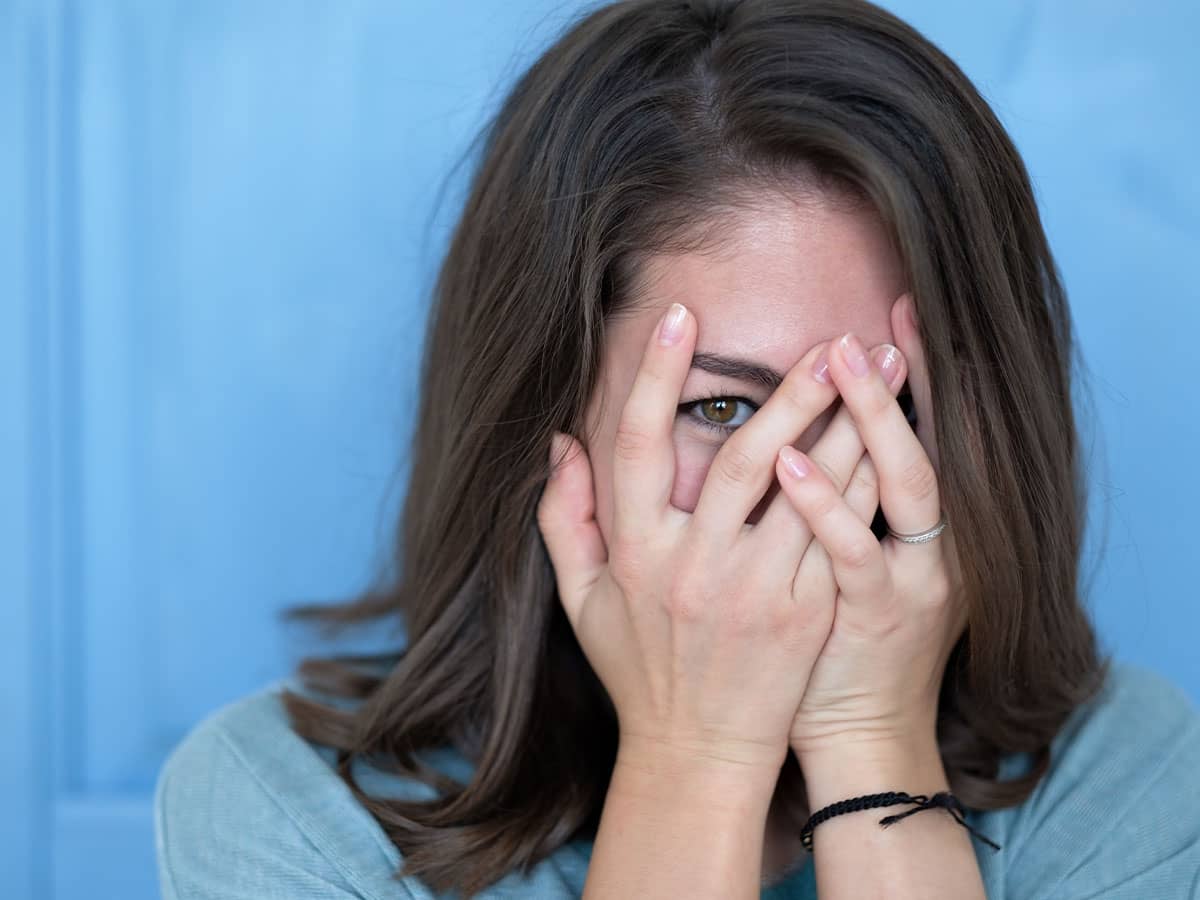
When asked about hobbies, most people say they love fishing, pottery, crocheting, birdwatching, gardening, or anything else that entices them. However, some people can’t think of any acceptable responses. Most times, the word “hobby” evokes anxiety in us. We can freeze or panic when put on the spot to confidently answer what we enjoy. When struggling to respond, most people think, “are my hobbies considered hobbies? Why can’t I think of anything? Am I lacking in some way?”
It’s normal to feel like you don’t have hobbies or that your interests don’t count as hobbies. In this age of burnout and stress, having free time to pursue different passions can feel like a distant fantasy. So should society take the pressure off of the notion of hobbies? Perhaps there should be a redefinition of the term. Below is an explanation of whether or not it’s okay not to have hobbies.
What is a hobby?
At its core, a hobby is an activity that you enjoy in your spare time. So instead of feeling pressured to list hobbies, perhaps we should ask ourselves what we like doing. That way, people may think that the question is easier to answer. Contrary to popular belief, hobbies don’t have to involve specific benchmarks of improvement or be productive, though it’s okay if yours do. For example, some people consider traveling a hobby while others don’t. Some people like to explore and learn, so traveling is the vessel that helps them learn and explore.
Assistant clinical professor at NYU Langone Health Sue Varma believes that we should expand our definition of hobby to what brings us joy and meaning. Learning something new or improving a skill would be a bonus. She says your hobby doesn’t have to be something you turn into a side hustle, like selling sweaters on Etsy, especially in our work-orientated hustle culture. New York psychotherapist Meg Gitlin echoed that sentiment, saying there is value in finding activities that bring you restoration or pleasure during your downtime. Still, they don’t have to be traditional hobbies to get the same positive psychological impact.
Maybe your hobby is watching a TV show as you wind down from the day or walking. Gitlin defined a hobby as an activity done regularly in one’s leisure time for enjoyment. She also emphasized that we should look at how a specific interest or activity might improve one’s daily life by helping one relax. The traditional idea of a hobby, like gardening or painting, is excellent, but Gitlin believes it’s also a luxury for most people. With the demand of day-to-day life increasing, most people can’t give time to what most traditionally consider a hobby.
It’s challenging to find the chance to practice the saxophone or take dance classes if you’re working more than one job, can’t find childcare, or use food stamps to feed your family. In many ways, having a hobby is a privilege.
Why is there so much pressure around hobbies?
We live in a comparative society, which makes some people feel like their lives aren’t enough. We quickly weigh ourselves down with ‘shoulds,’ but we should acknowledge all the things we’re already doing, taking a rational and thoughtful approach when thinking about how we can use our free time for restoration.
We hold up our bodies, clothes, parenting experiences and homes to what we see on social media, so it’s fitting that the things we do for pleasure have also become fodder for comparison. From epic baked goods and impressive crafts to rock climbing and hiking feats, there are numerous images of people taking their hobbies to the max and showing them off. We live in a world where everyone has their hobbies on display on social media platforms like Facebook and Instagram, so not being able to name a hobby quickly can make you feel like there’s something different about you.
It’s okay if you like cooking; your hobby includes practicing while cooking dinner every night and nothing more. However, it would be best if you didn’t let depression or anxiety keep you from enjoying connecting with others and activities. What others consider a hobby or not shouldn’t dictate what you decide to do in your spare time. Still, we feel societal pressure and expectation surrounding this personal aspect of life.
People feel pressure for the same reasons they typically feel the pressure: everyone wants to be liked, fit in, and feel appreciated by their peers. Sometimes, this includes our aspirations to accept the same things as others, even when we’re not entirely sure whether or not the notion we’re aspiring to fits us.
Identifying a hobby is relative, so we shouldn’t feel obligated to fit anyone else’s mold for what we enjoy or who we are. There’s no standard that people must follow requiring them to have a hobby, so not having hobbies is entirely normal.
How do we combat the pressure?
First, you should take a step back and appreciate that what you do for self-care are things that you enjoy on a personal level; therefore, it falls into the category of a hobby, whether it’s ceramics and painting or taking walks by yourself. Consider what you do to create a sense of work-life balance, whether it’s watching TV, wine tastings or trying new restaurants with your friends. Give yourself a little grace and stop comparing yourself to others while also realizing that you enjoy things. No one’s hobby is better than anyone else’s, so it’s about what helps you unwind and carve out your work-life balance.
Instead of assessing the value of a hobby or if something counts as a hobby, ask yourself what qualities or activities make you feel good and focus on those. It’s okay to be bad at your choice of hobby. You could try listing everything you do in a week that’s not for work and put them in the order of most to least enjoyable. Think about what else you’d like to squeeze into your schedule or do more.
Personal growth happens from participating in new activities, so you should stretch yourself, but not through force or shame. Hobbies that include more participation and presence can help reduce stress, but it’s all about finding what works for you through trial and error. Don’t worry about feeling like you can’t commit to a specific hobby because there’s value in picking things up for a time and putting them down. In the end, it's okay to have hobbies, but it's also okay to not have any. What matters is doing what's best for you.

